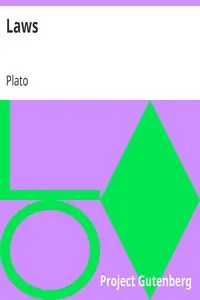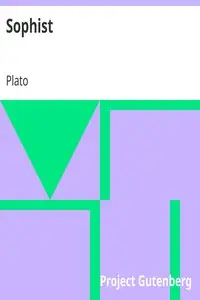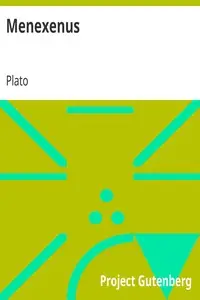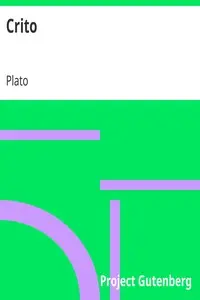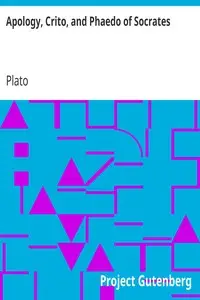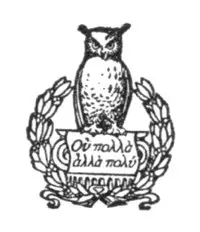"Laches by Plato" is a philosophical dialogue written in the early 4th century BC. This work delves into the nature of courage and its implications in the moral education of youth. The dialogue is set among the characters Lysimachus, Melesias, Nicias, Laches, and Socrates, focusing on the reflections and teachings surrounding the topic of courage as both a virtue and a vital component of effective military training. In the dialogue, the two fathers, Lysimachus and Melesias, seek guidance from experienced generals Nicias and Laches on how best to educate their sons. They debate whether the skill of fighting in armor should be considered valuable education. Socrates joins the conversation, leading to a deeper exploration of what constitutes true courage. Laches offers a practical view, suggesting that courage is simply enduring hardship without fleeing, whereas Nicias insists that courage is intertwined with knowledge and understanding of fear. Throughout their discussion, they find themselves in continuous philosophical examination, ultimately concluding that their understanding of courage remains insufficient. Socrates encourages the group to seek better education for themselves and their children, leading to a realization of their own ignorance and desire for learning, emphasizing that true virtue, including courage, encompasses wisdom and knowledge of good and evil. (This is an automatically generated summary.)
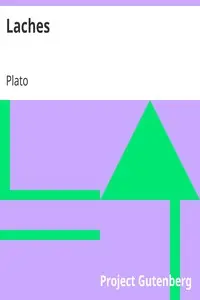
Laches
By Plato
"Laches by Plato" is a philosophical dialogue written in the early 4th century BC. This work delves into the nature of courage and its implications in...
Genres
Released
1998-12-01
Formats
epub (images)
mobi
epub3 (images)
mobi (images)
epub
Free Download
Overview
About the Author
Plato, born Aristocles, was an ancient Greek philosopher of the Classical period who is considered a foundational thinker in Western philosophy and an innovator of the written dialogue and dialectic forms. He raised problems for what became all the major areas of both theoretical philosophy and practical philosophy, and was the founder of the Platonic Academy, a philosophical school in Athens where Plato taught the doctrines that would later become known as Platonism.
Total Reviews
10.0k
Total reviews from Goodreads may change


